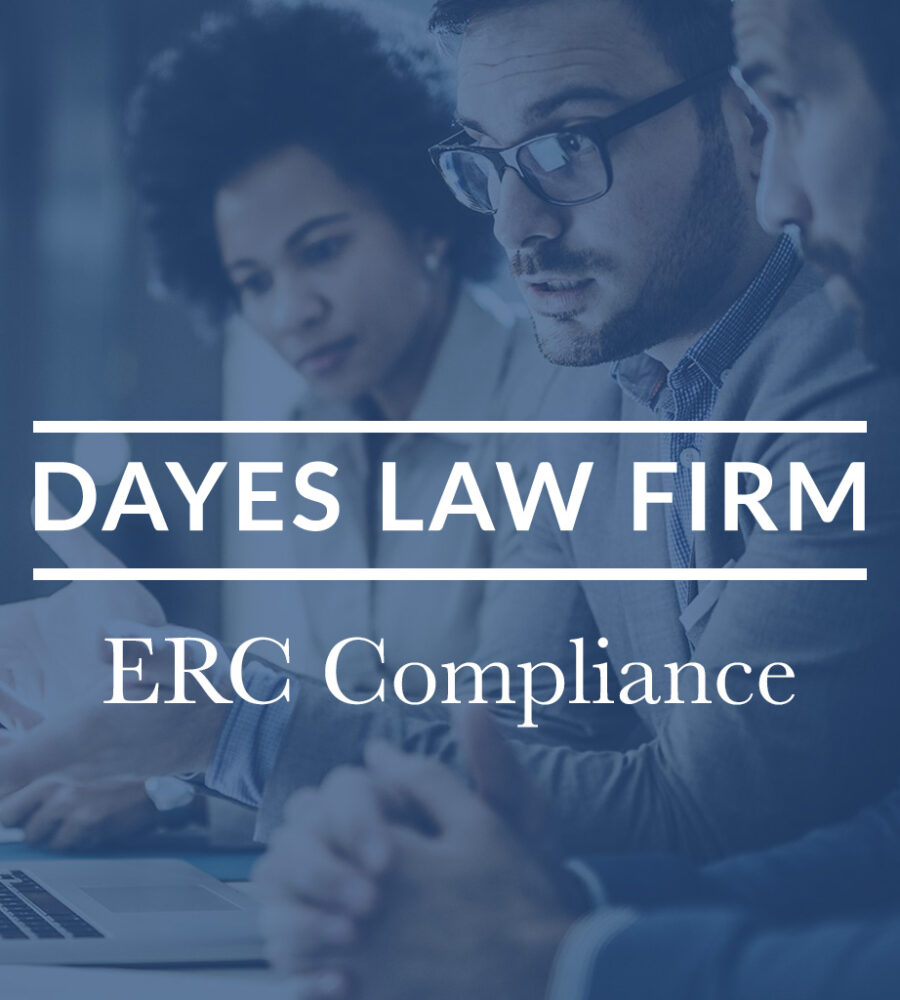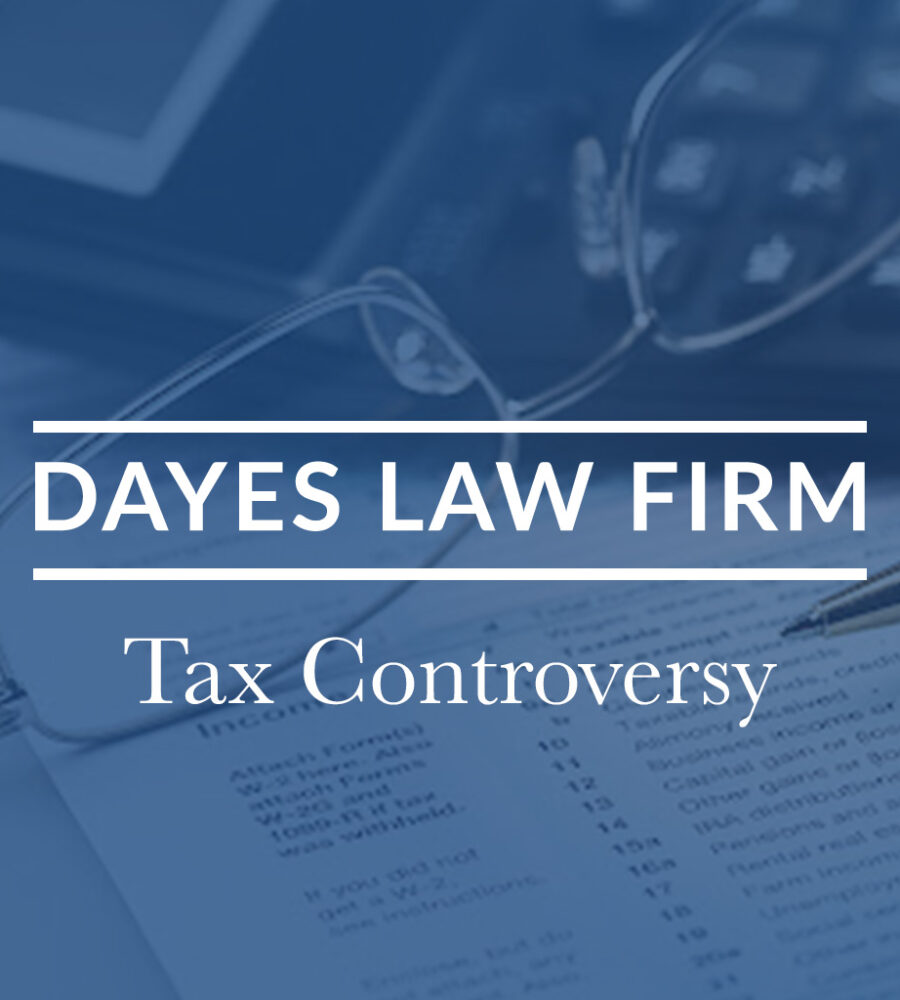Expert Probate Litigation Services: Protecting Your Legacy
Dealing with the loss of a loved one is challenging enough without the added stress of probate disputes. At Dayes Law Firm, we understand the emotional and financial toll that probate litigation can take. Our experienced team of probate litigation attorneys is here to provide you with compassionate, effective legal representation to resolve these disputes efficiently and fairly. Fill out the form below for your Free Consultation!
Free Consultation
Why Choose Us?
Experienced Attorneys: Our seasoned probate litigators have a deep understanding of estate laws and a proven track record of resolving disputes efficiently and favorably.
Personalized Service: We know that every case is unique. We take the time to understand your specific needs and tailor our approach to ensure the best possible outcome for you and your family. We believe in putting our clients first. Our team is committed to providing personalized attention and tailored legal strategies that align with your unique needs and goals. We listen, we care, and we fight for your rights.
Compassionate Support: Navigating probate litigation can be stressful. Our team is here to provide you with the guidance and support you need during this challenging time. Probate litigation can involve numerous issues, from will contests to disputes over trust administration. We offer comprehensive legal support for all aspects of probate litigation, helping you navigate the legal complexities with confidence.
Aggressive Advocacy: We are committed to fiercely defending your rights and interests, whether in negotiation or in court. Our goal is to resolve disputes as efficiently as possible, minimizing the emotional and financial strain on you and your family. Whether through negotiation, mediation, or litigation, we work tirelessly to achieve the best possible outcome for you.
Our Probate Litigation Services
- Will Contests: Challenging or defending the validity of a will based on issues such as undue influence, lack of capacity, or fraud.
- Trust Disputes: Resolving conflicts related to the management, interpretation, or distribution of trust assets.
- Estate Administration: Assisting executors and administrators in managing and distributing estate assets in accordance with the law.
- Beneficiary Representation: Protecting the rights and interests of beneficiaries in estate and trust matters.
- Guardianship and Conservatorship: Handling disputes involving the appointment and actions of guardians or conservators.
Let Us Help You Secure Peace of Mind
At Dayes Law Firm, we are more than just legal representatives; we are your partners in ensuring your family’s legacy is protected. Contact us today to schedule a consultation and discover how our probate litigation services can provide you with the peace of mind you deserve.


Schedule Your Consultation Today
Don’t leave your business and personal legacy to chance. Schedule a consultation with our estate planning experts today to learn more about how our Business Owner Estate Planning Package can benefit you.
Questions? Dayes Law Firm Has The Answers
1.What is probate litigation?
Probate is the process completed when a decedent leaves assets to distribute, such as bank accounts, real estate, and financial investments. Probate is the general administration of a deceased person’s will or the estate of a deceased person without a will.
2.What are common reasons for probate litigation?
Common reasons for probate litigation include:
- Will Contest: Disputes over the validity of the will, often based on claims of forgery, undue influence, or lack of testamentary capacity.
- Executor Misconduct: Allegations that the executor is mismanaging the estate, failing to follow the will’s instructions, or acting in their own interest rather than the beneficiaries’.
- Beneficiary Disputes: Conflicts among beneficiaries regarding the distribution of assets or the interpretation of the will’s provisions.
- Intestate Succession Disputes: Disputes arising when someone dies without a will, and heirs disagree on the distribution of the estate according to state laws.
- Creditor Claims: Disputes over the validity or priority of claims made by creditors against the estate.
3.How long does probate litigation typically take?
The duration of probate litigation can vary widely depending on the complexity of the case, the number of parties involved, and the court’s schedule. Simple disputes may be resolved in a few months, while more complex cases can take several years. Factors that can influence the timeline include the need for discovery, the availability of witnesses, the court’s caseload, and the possibility of appeals.
4.What are the costs associated with probate litigation?
The costs of probate litigation can include attorney fees, court fees, expert witness fees, and other related expenses. Attorney fees can be charged on an hourly basis or as a percentage of the estate’s value. Some attorneys may also work on a contingency basis, meaning they receive a portion of any settlement or judgment. Costs can escalate quickly in complex or contentious cases, potentially reducing the overall value of the estate available to beneficiaries.
5.Can probate litigation be avoided?
While it’s not always possible to avoid probate litigation, certain steps can reduce the likelihood of disputes:
- Clear and Updated Estate Plan: Regularly update your will and other estate planning documents to reflect your current wishes and circumstances.
- Detailed Documentation: Provide detailed instructions in your will and other estate planning documents to minimize ambiguity and potential conflicts.
- Communication: Discuss your estate plan with your heirs and beneficiaries to ensure they understand your intentions and reduce surprises.
- Professional Advice: Work with experienced estate planning attorneys and financial advisors to ensure your estate plan is legally sound and addresses potential issues.
- Use of Trusts: Consider establishing trusts to manage and distribute your assets outside of the probate process, which can provide more control and reduce the potential for disputes.
By taking these proactive steps, you can help minimize the risk of probate litigation and ensure a smoother distribution of your estate.





 How can I help you?
How can I help you?